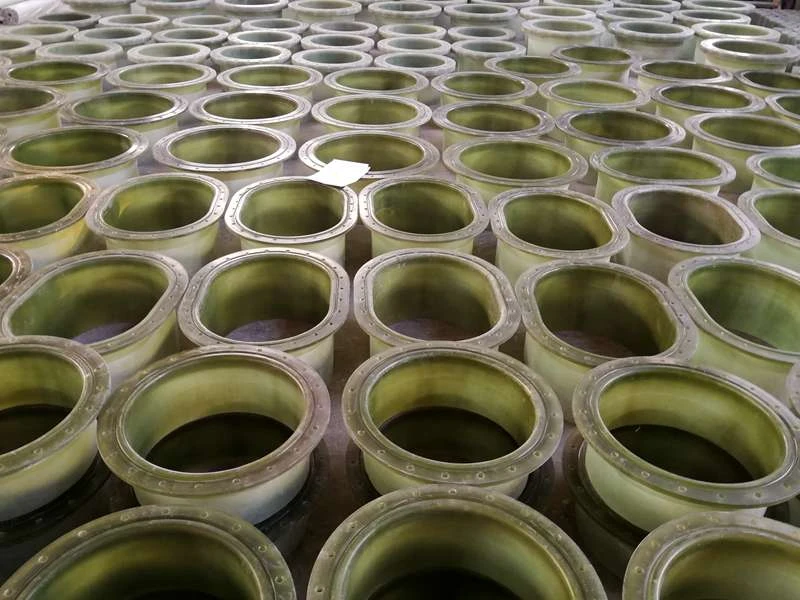
-
 Afrikaans
Afrikaans -
 Albanian
Albanian -
 Amharic
Amharic -
 Arabic
Arabic -
 Armenian
Armenian -
 Azerbaijani
Azerbaijani -
 Basque
Basque -
 Belarusian
Belarusian -
 Bengali
Bengali -
 Bosnian
Bosnian -
 Bulgarian
Bulgarian -
 Catalan
Catalan -
 Cebuano
Cebuano -
 China
China -
 China (Taiwan)
China (Taiwan) -
 Corsican
Corsican -
 Croatian
Croatian -
 Czech
Czech -
 Danish
Danish -
 Dutch
Dutch -
 English
English -
 Esperanto
Esperanto -
 Estonian
Estonian -
 Finnish
Finnish -
 French
French -
 Frisian
Frisian -
 Galician
Galician -
 Georgian
Georgian -
 German
German -
 Greek
Greek -
 Gujarati
Gujarati -
 Haitian Creole
Haitian Creole -
 hausa
hausa -
 hawaiian
hawaiian -
 Hebrew
Hebrew -
 Hindi
Hindi -
 Miao
Miao -
 Hungarian
Hungarian -
 Icelandic
Icelandic -
 igbo
igbo -
 Indonesian
Indonesian -
 irish
irish -
 Italian
Italian -
 Japanese
Japanese -
 Javanese
Javanese -
 Kannada
Kannada -
 kazakh
kazakh -
 Khmer
Khmer -
 Rwandese
Rwandese -
 Korean
Korean -
 Kurdish
Kurdish -
 Kyrgyz
Kyrgyz -
 Lao
Lao -
 Latin
Latin -
 Latvian
Latvian -
 Lithuanian
Lithuanian -
 Luxembourgish
Luxembourgish -
 Macedonian
Macedonian -
 Malgashi
Malgashi -
 Malay
Malay -
 Malayalam
Malayalam -
 Maltese
Maltese -
 Maori
Maori -
 Marathi
Marathi -
 Mongolian
Mongolian -
 Myanmar
Myanmar -
 Nepali
Nepali -
 Norwegian
Norwegian -
 Norwegian
Norwegian -
 Occitan
Occitan -
 Pashto
Pashto -
 Persian
Persian -
 Polish
Polish -
 Portuguese
Portuguese -
 Punjabi
Punjabi -
 Romanian
Romanian -
 Russian
Russian -
 Samoan
Samoan -
 Scottish Gaelic
Scottish Gaelic -
 Serbian
Serbian -
 Sesotho
Sesotho -
 Shona
Shona -
 Sindhi
Sindhi -
 Sinhala
Sinhala -
 Slovak
Slovak -
 Slovenian
Slovenian -
 Somali
Somali -
 Spanish
Spanish -
 Sundanese
Sundanese -
 Swahili
Swahili -
 Swedish
Swedish -
 Tagalog
Tagalog -
 Tajik
Tajik -
 Tamil
Tamil -
 Tatar
Tatar -
 Telugu
Telugu -
 Thai
Thai -
 Turkish
Turkish -
 Turkmen
Turkmen -
 Ukrainian
Ukrainian -
 Urdu
Urdu -
 Uighur
Uighur -
 Uzbek
Uzbek -
 Vietnamese
Vietnamese -
 Welsh
Welsh -
 Bantu
Bantu -
 Yiddish
Yiddish -
 Yoruba
Yoruba -
 Zulu
Zulu
Insulated FRP Covers | High-Performance Thermal Insulation Solutions
The Benefits of Insulated FRP Covers
Insulated Fiber Reinforced Polymer (FRP) covers have gained popularity in various industries due to their unique properties and benefits. These materials are essential for applications requiring durability, insulation, and resistance to environmental factors. FRP, known for its strength and lightweight characteristics, combined with insulation, makes it an ideal solution for many commercial and industrial applications.
The Benefits of Insulated FRP Covers
Moreover, insulated FRP covers are highly resistant to corrosion, making them suitable for use in harsh environments. Industries such as wastewater treatment, marine, and chemical processing face challenges from corrosive substances that can damage traditional materials like metal and wood. FRP's ability to withstand chemicals without deteriorating ensures longevity and cost-effectiveness in the long term, as replacement and maintenance costs are significantly reduced.
insulated frp covers

The lightweight nature of FRP covers also facilitates easier installation and handling. They can be fabricated into various shapes and sizes, allowing for customization to fit specific applications perfectly. This versatility means that businesses can advantageously design their facilities without sacrificing performance or durability. Additionally, lighter materials often mean reduced structural support requirements, resulting in lower overall construction costs.
Furthermore, insulated FRP covers are designed to meet a variety of industry standards, including fire and safety regulations. Many FRP products are manufactured with fire-retardant properties, ensuring that they perform safely in the event of exposure to heat or flames. This aspect is crucial for ensuring compliance with safety standards and protecting valuable assets.
In conclusion, insulated FRP covers offer a multitude of benefits, including energy efficiency, corrosion resistance, lightweight handling, and compliance with safety regulations. They represent an advanced solution for industries seeking reliable performance while reducing operational costs. As businesses continue to prioritize sustainability and efficiency, the adoption of insulated FRP covers is likely to grow, enhancing productivity and contributing to a more sustainable future. By integrating these innovative materials, industries can achieve greater resilience and responsiveness to evolving challenges.









